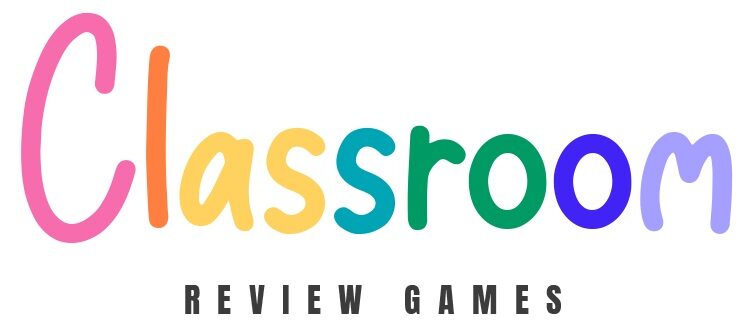5 Game-based Learning Ideas for Middle School
Game-based learning is a fun and exciting way to help middle school students learn new things. At this age, teens are curious and ready to try new ways of learning different from regular schoolwork. Games in the classroom can make learning feel like an adventure. We have come up with five cool game-based learning ideas that are perfect for middle school. These games are not just fun, but they also help students understand and remember what they learn.
Let’s explore these fun ideas that can make school more exciting and enjoyable for young learners.
1. Interactive Quiz Games
Interactive quiz games like Kahoot! or Quizizz are great for middle schoolers. These platforms allow teachers to create quizzes on any subject, and students can join the quiz using their own devices. It’s like a game show in the classroom. The quizzes are timed and can include fun elements like points, leaderboards, and exciting visuals. They’re perfect for reviewing material, preparing for tests, or learning new facts.
2. Virtual World Exploration
Games that involve exploring virtual worlds, such as Minecraft: Education Edition, can be very engaging. Students can build historical monuments, recreate ecosystems, or simulate mathematical concepts in a 3D environment. This hands-on approach to learning can enhance understanding in subjects like history, science, and math. It’s like a field trip in a virtual world, where students can interact with and modify their surroundings.
3. Role-Playing and Simulation Games
Role-playing and simulation games can immerse students in historical events, scientific processes, or literary worlds. For example, playing a game where students role-play as delegates in a historical event, like the signing of the Declaration of Independence, can make history come alive. These types of games encourage deep thinking, empathy, and understanding of complex systems.
4. Educational Escape Rooms
Creating an educational escape room can be a thrilling experience for middle school students. Teachers can set up puzzles and riddles that students must solve to ‘escape’ from a classroom or a particular scenario. These puzzles can be tied to academic content, like solving math equations to unlock a code or answering history questions to find a hidden key. Escape rooms are great for teaching teamwork, problem-solving, and critical thinking.
5. Science Experiment Challenges
Science experiment challenges can turn learning into a hands-on adventure. For example, students could compete to build the best egg drop container or the most efficient paper airplane. These types of challenges teach scientific principles like gravity, aerodynamics, and material science in a practical and engaging way. Students learn by doing, experimenting, and observing real-life results of scientific concepts.
These game-based learning ideas can be customized to fit specific educational goals and curriculum standards. They provide a dynamic and interactive way for middle school students to engage with academic content, develop critical thinking skills, and enjoy learning in a collaborative and innovative environment.
